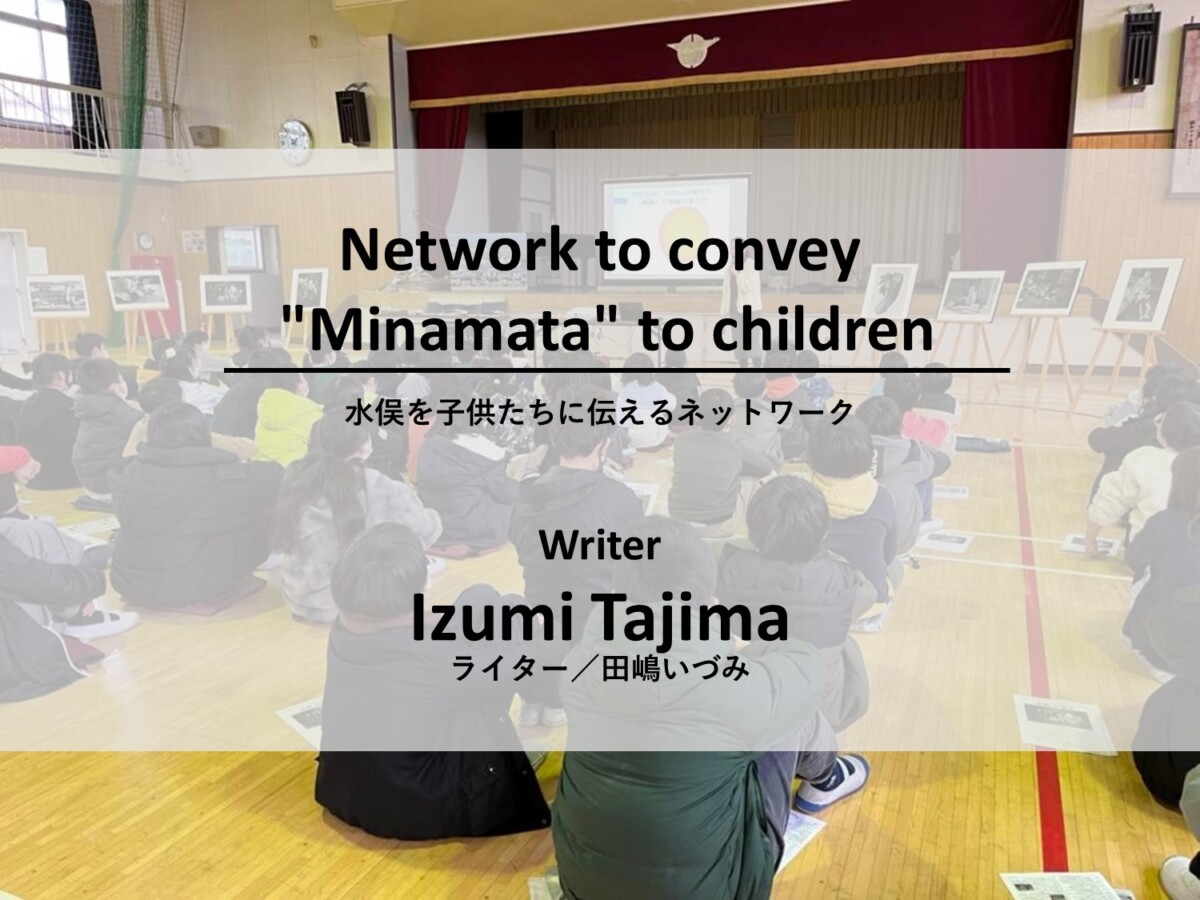
「水俣」を子どもたちに伝えるネットワーク/田嶋いづみ
「水俣」を子どもたちに伝えるネットワーク
Network to convey “Minamata” to children
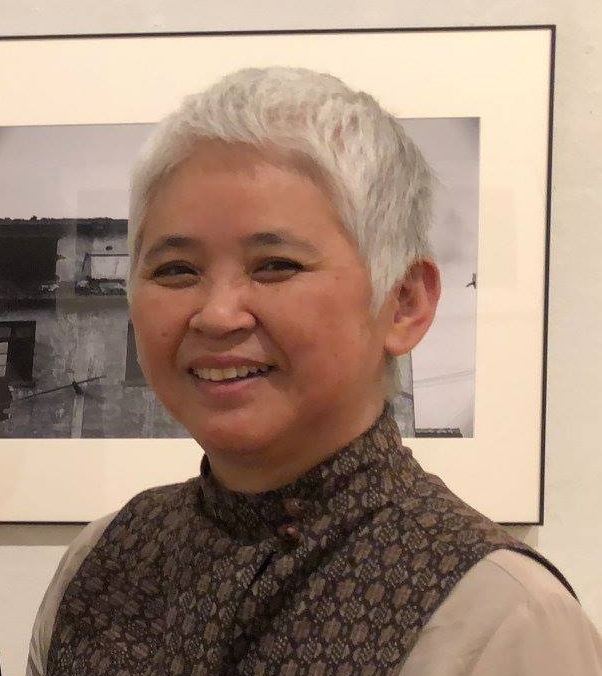 私は私が嫌いです―〈「水俣」を子どもたちに伝えるネットワーク〉を名乗って活動を始めた年、八王子の小学校6年生に「水俣」の話をさせてもらった数か月後、今度は、社会参加について考える授業のために「活動する理由」を子どもたちに語ってほしいと請われて、人気のない職員室で録音を始めたコメントの出だしの言葉である。私は自分を好きになれない。自分を好きな自分になれたらどんなにいいだろう、と思ってきた。結果、自分の内側には自分を好きになっていく要素がない、と諦めた。内側にないのなら外側に求めるしかない、と考えた。周りを見渡してみれば、好きになれる人たちがそこかしこにいて、その振る舞いや社会参加のあり方にも納得できた。そんな人たちに近づけば、嫌いな自分の枠を超えて振る舞いだけでも「こうありたい私」を演じられるのではないか。
私は私が嫌いです―〈「水俣」を子どもたちに伝えるネットワーク〉を名乗って活動を始めた年、八王子の小学校6年生に「水俣」の話をさせてもらった数か月後、今度は、社会参加について考える授業のために「活動する理由」を子どもたちに語ってほしいと請われて、人気のない職員室で録音を始めたコメントの出だしの言葉である。私は自分を好きになれない。自分を好きな自分になれたらどんなにいいだろう、と思ってきた。結果、自分の内側には自分を好きになっていく要素がない、と諦めた。内側にないのなら外側に求めるしかない、と考えた。周りを見渡してみれば、好きになれる人たちがそこかしこにいて、その振る舞いや社会参加のあり方にも納得できた。そんな人たちに近づけば、嫌いな自分の枠を超えて振る舞いだけでも「こうありたい私」を演じられるのではないか。
I hate myself – the year I started my activities under the name of “Network to Convey Minamata to Children,” a few months after I was allowed to talk about “Minamata” to sixth graders in Hachioji, I was asked to tell the children “why I am active” for a class on social participation, and I started recording them in a deserted staff room. I can’t like myself. I’ve always wondered how good it would be if I could be the person I liked. As a result, I gave up thinking that there was no element inside me that made me like myself. I thought that if it wasn’t inside, I had no choice but to seek it outside. When I looked around, I saw that there were people everywhere that I liked, and I was convinced by their behavior and the way they participated in society. If I get close to such people, I may be able to play “the person I want to be” just by behaving beyond the boundaries of myself that I dislike.
まるで、思春期の少女よろしくそう思ってきて、生活を立て直し、人は何のために生きるかを、外側というか社会に求めて暮らそうとしていて、水俣の人々に出会った。具体的には甘夏の共同購入を通じてだったけれど、出会いは必然だったと思う。この時代、この社会こそが、いびつな自分嫌いの私を育んだと考えていたし、水俣に地縁・血縁ない無縁者だからこそ、自分を奪われる痛みに共感した。現実に水俣病に苦しむ当事者の皆さんからしたら、それはとても不遜な思いかもしれない。やがて、水俣の人たち、事実を知れば知るほど、苦痛というより感動や希望がこみ上げてきたのだ。智子さん父娘の写真を前に何故涙がこぼれるのか。悲惨への同情かと疑ったけれど、違う。写真から「お父さん大好き」と言っている智子さんの声が聞こえる、と気づいたとき、私は、同じ人間であることが嬉しくなった。自分を肯定したくなった。自分を嫌いな私が解放されて、こんなにも温かく人は生きられるのだ、と生きる意味が拡がっていくのを感じた。この人間肯定があるなら、どんなに生きづらいことからも起き上がることは、できる。励まし合える。こんな社会に加担している大人として、それが、今を生きる子どもたちに伝えられることではないか。
I met the people of Minamata as I was trying to rebuild my life and live by looking to the outside or society for what people live for. Specifically, it was through the group purchase of Amanatsu(variety of orange), but I think the encounter was inevitable. I thought that this society at this time nurtured me as a warped self-hater, and because I was not related to Minamata by blood, I sympathized with the pain of being destroyed of myself. For those who actually suffer from Minamata disease, this may be a very irreverent thought. And, the more the people of Minamata learned about the facts, the more I felt more moved and hopeful than painful. Why are tears spilling out in front of Tomoko’s father-daughter photos? I suspected it was sympathy for misery, but no. When I realized that I could hear Tomoko’s voice saying, “I love you dad” in the photo, I was happy to be human like them. I wanted to affirm myself. I felt that I, who hated myself, was freed and the meaning of life expanded, that people can live so warmly. With this affirmation of humanity, it is possible to rise from even the most difficult things to live with. We can encourage each other. As adults who are complicit in such a society, I think this is what I can convey to the children living today.
水俣に無縁だけど水俣の人たちにもらったものは私のものだから、それを子どもたちに伝える。わざわざ「水俣」と括弧をつけるのは、わたしの、わたしという「当事者」の「水俣」だから。それも教えるのではなく「伝える」だから出前授業とは、呼ばない。出前活動。ときどき、自分嫌いの私に立ち戻って、当事者の苦しみをよそに何を偉そうに子どもたちの前に立つのだ、とたまらない自己嫌悪に襲われる。そんなときは、杉本栄子さんが「そういう気持ちになるなら話していい、あんたは東京の杉本栄子じゃ」と肩をたたいてくれたことを思い出す。出前活動始めて20年以上が経つ。思うのは、子どもたちこそが学びの導き手であり自分嫌いの癒し手だということである。
I have nothing to do with Minamata, but what the people of Minamata gave me is mine, so I tell it to the children. I purposely put “Minamata” in parentheses because it is the “Minamata” of my “party” that is me. I don’t call it a giving class because it’s “telling” rather than teaching. My school activities. Sometimes I am attacked by an irresistible self-loathing that returns to my self-hatred and stands in front of the children in spite of the suffering of the people involved. At that time, I remember Eiko Sugimoto (victims of Minamata disease) clapping me on the shoulder, saying, “If you feel that way, you can talk, you’re Eiko Sugimoto in Tokyo.” It has been more than 20 years since we started visiting schools. I believe that children are the guides of learning and the healers of self-hatred.
Writer Izumi Tajima
ライター/田嶋 いづみ
「水俣」を子どもたちに伝えるネットワーク 伝えるネット (tsutaeru.jp)
コメント ( 0 )
トラックバックは利用できません。











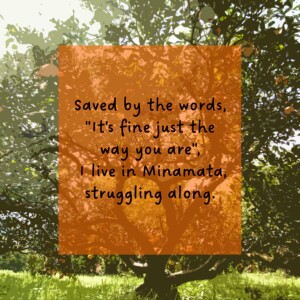
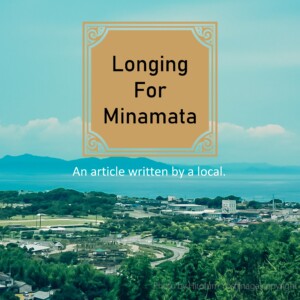
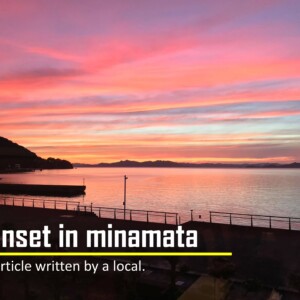

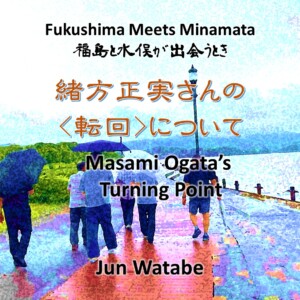
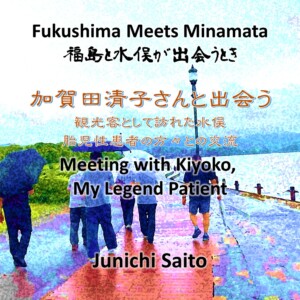
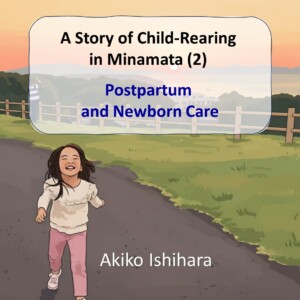
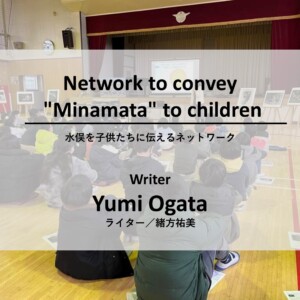
この記事へのコメントはありません。